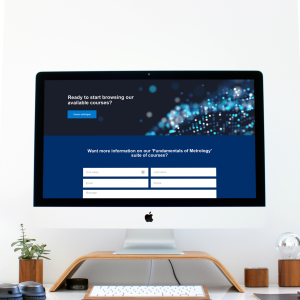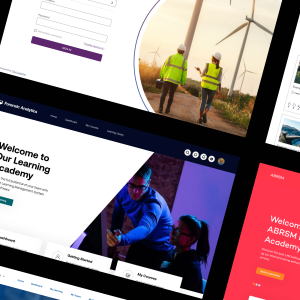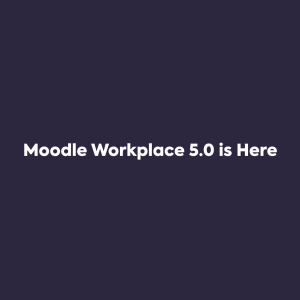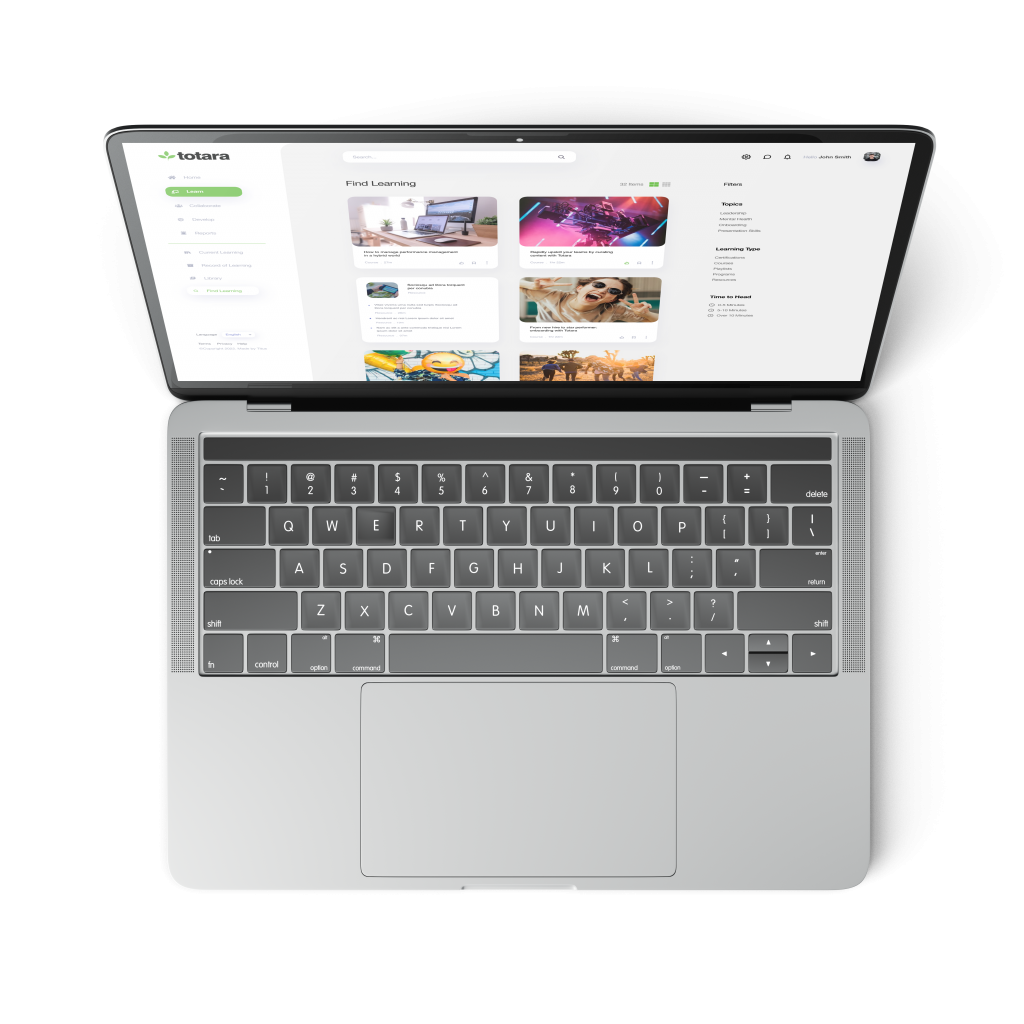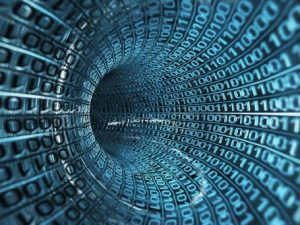
Words are a powerful vehicle for meaning and understanding, connected to individual or group perspectives, interpretations, and connections. The word “Digital” has been part of our vocabulary landscape for a long time. It was only after reading Nicholas Negroponte’s book, “Being Digital” in 1995, that I began to be aware of the term and its impact on the world to come, but in 2014, the word “digital” has now blended itself into the daily fabric of our lives. When we think of the word “digital”, it creates a sense of disconnect from our world and implies that the digital world is a separate part of our reality. However, this is no longer true. Our lives are so embedded within this digital realm that the two have become inseparable. So, I refer to the death of Digital, and invite us to use a new set of vocabularies to frame this paradigm: Appliances, Utilities, Information Flows, Ethics and Algorithms.
Appliances are the consumables that we connect and interact with (laptops, phones, tablets, GPS, and other hardware). These tools have become the default to our connectedness; disposable and with each new version more seamless, simple and integrated.
Utilities frame our day to day interactions. These social medias, networks, email, RSS, professional learning networks and Web 2.0/ 3.0 tools have become the architectural framework of communication and information for our connected world.
Information flows are the 150,000,000 Blogs posted a year, 5 million tweets per day, 200,000 videos uploaded on YouTube daily, and the petabytes of information created, aggregated, shared, and circulated daily around the earth.
Ethics is the why, how, when, where and who of our digital footprint in today’s world. It is the wide ranging issues from Killer Robots to the impact of a “Filter Bubble” (where search, news, and information algorithms choreograph what information types we get based on our personal browsing habits). The curation of our online and offline privacy as governments, corporations, and organizations juggle a treasure trove of information created by our respective digital footprints, is the new ethical dilemma we all deal with, as individuals, groups and as societies at large.
Algorithms are the backbone to the intelligent softwares that inhabit the engine of the internet. These are predictive, anticipatory, intelligent and analytical. The are the lifeblood of the internet ecosystems for individuals, governments, corporations, and organizations which then create, develop, build, facilitate, monitor, analyze, synthesize and evaluate our day to day interactions. The algorithms have become the life line to the information flows, ethics, utilities and appliances.
These words are not the definitive list, but reflect a vocabulary we use both from our past and present. They highlight how the “digital” world is ingrained in our daily lives, to the point we often are not even conscious of its presence. This connectedness fueled by our devices and ecosystems now are part of the fabric of our lives, often out of our control, and a non negotiable aspect of our own participation with the day.
A critical understanding of these words and their respective dynamics should be an essential ingredient in School and Organizational curricula. We can no longer think of them as separate entities. We have inherited this reality which now has us connected in ways where opting out becomes the abnormality . These Appliances, Utilities, Information Flows, Ethics and Algorithms are part of the fabric of our world and impact us as humans both consciously and unconsciously.
This discourse needs be given equal time in all educational settings; imbedded as seamlessly in the curriculum as they are in our lives. A responsibility to highlight the power, richness and cautions that come with tying ourselves to a set of appliances, utilities, information flows, ethics and algorithms that have and will continue to change the fabric of our interactions as humans and organizations.
So how do we do this? The key is that these terms and their meanings are introduced as part of the learning landscape in all units of study. Creating authentic connections between these words and the learning environment will then scaffold a clearer understanding of their real world applications. In our school ecosystems most subjects and curricular areas are using technology, often as a separate tool, or as a side show, but, if it is so seamless and embedded in our day to day lives, then we need to translate this into our learning. One of the first steps is to give ourselves permission to change the way we work with this vocabulary. As we change the vocabulary, and with it the meaning and role of these words, we are engaging in an active learning process connected to the changing world.
To ignore this vocabulary is to short change future generations of their awareness of a world that has become more invisible, seamless and blended both in our conscious and unconscious day. The death of digital is here.


